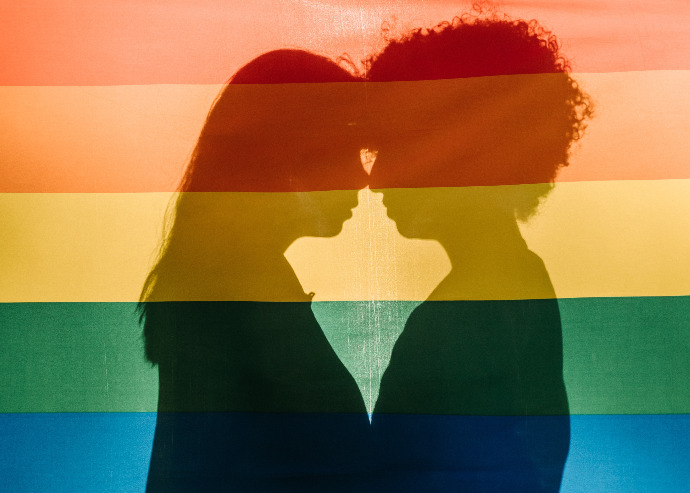‘That’s so gay’, two thirds of LHBTQ+ youth experience micro-aggression on a weekly basis

Although open violence against LGBTQ+ people has decreased in recent years, about two thirds experience micro-aggression on a weekly basis, according to the PhD research of sociologist Wouter Kiekens.
Not innocent
Microaggression is a subtle form of aggression which seems innocent, but absolutely is not, according to sociologist Wouter Kiekens. "An example is calling something you find stupid 'gay'. Even though there is often no malicious intent behind these comments, they do contribute to negative stereotypes, because the underlying message is that being gay is something bad."
In his dissertation Kiekens investigated micro-aggressions against Dutch LGBTQ+ youth. Together with his colleagues, he asked 500 young people in the age group of 16 to 25 years old to fill out a questionnaire. As much as 64% of the respondents turned out to experience micro-aggression on a weekly basis. In total, 16 different types of micro-aggression were mentioned. The most common forms were being treated with less respect and homophobic and transphobic language.
Depression and substance abuse
According to Kiekens, these worrying figures help to better understand why LGBTQI+ youth are more likely to experience depression and abuse drugs such as marijuana than their heterosexual and cisgender peers. "Micro-aggression as a small, often unintentional, form of homophobia does not contribute to the psychological well-being of young people. It is important to be aware that even these 'subtle' forms of aggression can be harmful."
Acceptance
Research from the Netherlands Institute for Social Research recently showed that views on LGBTQ+ people have become more positive in recent years. Kiekens recognized this development. "You also see it in gay prides, which are no longer just held in the capital but take place all over the country. That is a great development." Yet we still have a long way to go, according to the sociologist. "As long as this increased acceptance does not flow through into our behaviour, LGBTQ+ young people will continue to be disadvantaged."
Wouter Kiekens will receive his doctorate on September 19, 2022 for his dissertation, "Sexual and Gender Minority Youth's Mental Health and Substance Use: Disparities, Mechanisms, and Protective Factors.
More news
-
13 January 2026
Lonneke Lenferink joins The Young Academy
-
08 December 2025
Citizen participation essential for a sustainable energy future


